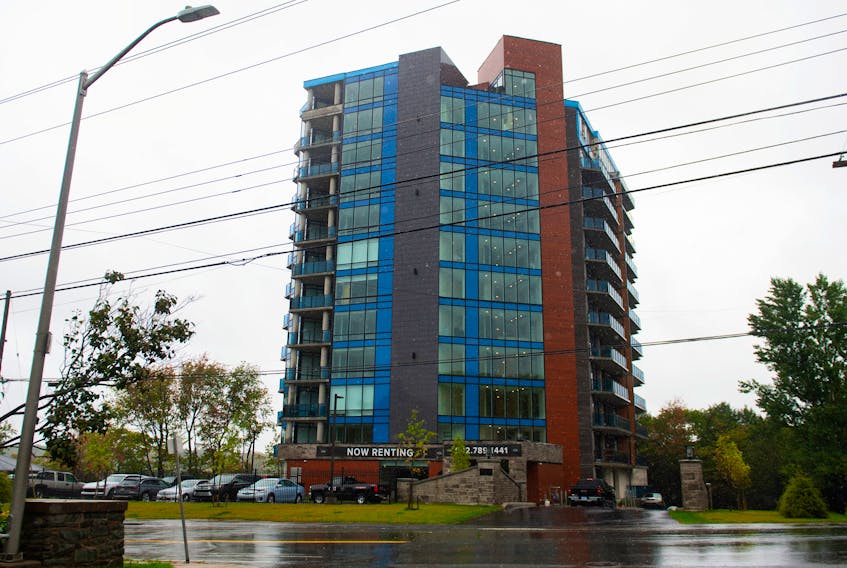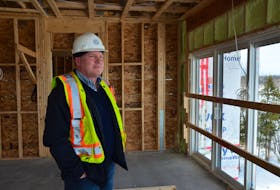While the normally overheated apartment rental market of Toronto has cooled significantly over the last year, Halifax is getting more expensive.
As of the end of September, statistics from Rentals.ca and PadBlogger show that Halifax has bumped up two positions and is now the 14th priciest market in the country, with the average price of a two-bedroom unit up 4.8 per cent to $1,781.
Kevin Russell, executive director of the Investment Property Owners Association of N.S., said rental demand remains strong despite decreases in the numbers of renters from abroad and students moving to the city.
“Current renters living in older buildings are upgrading their housing,” Russell said via email. “As a result, the resulting vacancy caused by the lack of inward migration is being absorbed. With an estimated 4,200 units coming to market in the next 26-30 months, this trend is expected to continue.”
Russell predicts that as current renters vacate older buildings, more affordable rental units will come onto the market, addressing affordable housing issues.

“Current renters are demanding secure buildings with increased lifestyle amenities such as fitness centres and high-end finishes in their units, such as a granite countertop,” he said. “In short, renters want rental units to offer condominium-quality living.”
COVID has affected the apartment rental business in a number of ways, including a heightened need for tenants and landlords to communicate about rent payments and COVID messaging from public health.
And there are “increased operational costs due to higher frequency of building cleaning and sanitizing, (and) ensuring employees, tenants, and vendors adhere to public health social distancing regulations.”
Russell said his association is “cautiously optimistic” that rental demand will remain strong.
“However, operational expenses are currently rising well above the Consumer Price Index,” he said. “Insurance premiums for the apartment rental industry are rising, on average, 40-45 per cent. Apartment buildings with more than four units are not under the Nova Scotia Capped Assessment program, causing concern over increases in property assessments and taxes.”
Meantime, in Toronto, the average price of a two-bedroom unit is $2,655, down nine per cent from a year ago. The figures are similar for the adjacent cities of Etobicoke and Mississauga.
The Ontario government last month introduced legislation that would freeze rent in 2021 for most rent-controlled and non-rent-controlled residential units, which house 1.7-million households.
Halifax native Jordan Bezanson shares a three-bedroom apartment in downtown Toronto with two roommates. It’s in a great location and the amenities include a wraparound balcony and a pool on top of the 32-storey building, but the apartment is just 962 square feet and their rent started out at $4,400.
COVID changed that.
“We’re down to $3750. That was super easy, and I think part of the reason was he had just purchased the unit from our original landlord and he came on when there were two months left on our lease. We asked ‘are you willing to renegotiate, we’ve seen how the market’s taken a dip,’…and it went quite smoothly,” said Bezanson, currently living back home because of the pandemic.
“We have friends that have gone through a similar process, we also have quite a few friends that either moved out of the city or moved within the city with a more favourable rent agreement. Some of have moved back in with their families. There are definitely some who are going to move back to where they grew up, and get their own place.”








